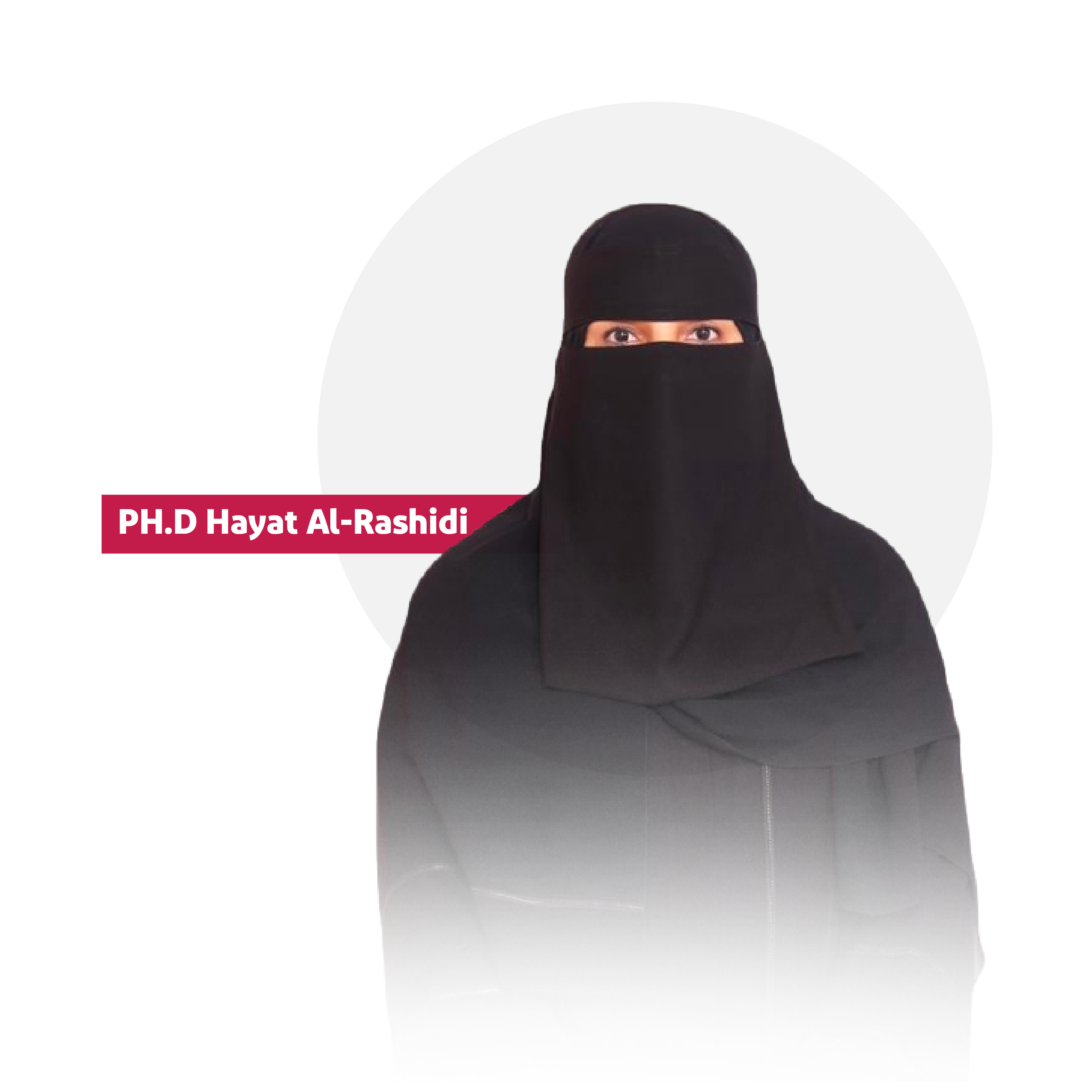
The dear woman
The historical events were not from the imagination, but the reality that the Pasha and his soldiers lived through. The Battle of Wadi Al-Safraa is one of the major battles waged by the Saudi forces before the Battle of Wadi Bessel between Taif and Turbah, and it was one of the reasons for the end of the first Saudi state.
In Tarikh al-Jabarti, between the events of 1229 AH / 1813 AD, he sheds light on the incidents that occurred between the two parties, saying: “What the informants told about the Pasha and his soldiers was that Toson Pasha and Abdeen Bey moved with their soldiers to Turbah where the woman who is called Ghalia – Al-Baqamiah – and a war took place between them that lasted eight days, then they returned defeated and did not gain anything”.
He also tells about the convoy that arrived from the Suez side, saying: The arrivals were told about the Al-Qunfudah incident, and what happened in it after the entry of the Turkish military, their chief Mahmoud Bey, Oglu and Sharif Agha. They found it empty and owned it. There were only local people in it who were weak people, so they killed them and cut off their ears and sent them to Egypt to send them in turn to Istanbul. Here is a question: what is the reason for it being empty? Wasn’t the Ottoman Empire a protector of the country and people?
Military attacks continued despite the steadfastness of the tribal sheikhs and the losses they caused among the Turks, until they were defeated and fled in a ship. This withdrawal caused the anger of Muhammad Ali Pasha, so he decided to fight the following battles himself. After matters settled for him in Mecca, he sent his son Toson with an army to fight everyone who was loyal to the Saudis, and then transferred his military activity to the Taif side and beyond from the lands extending to Turbah. He faced fierce resistance there, but in return they wreaked havoc and destruction with their successive attacks. Among the decisive events was the “Bessel incident” near Taif in 1230 AH / 1814 AD. The Saudi forces were defeated. The historian Masoud Alem Al-Nadwi and Diggory, as well as the traveler Burkhardt, mentioned that Imam Saud’s commandment to his son Abdullah not to fight the Turks in the plain, but the will of Allah is above all. Historians tell that in this battle, Muhammad Ali Pasha was throwing the bodies of the dead to monsters and dogs, this is their military morals.
After the Pasha gained control of Turbah, the Battle of Bessel, the capture of Bishah and the surrounding villages, the two leaders, Tami bin Shuaib and Bakhrush, were captured. It was also from his military ethics that he invited them to talk to him and laugh despite the heavy handcuffs, and those who wrote about these incidents likened them to fierce beasts that play with their prey for a while and then devour it. Bakhrush was killed in a brutal and inhuman manner, because he did not feel that he was afraid or remorseful, and in response he ordered each of his soldiers to stab him with a non-lethal stab with the tip of his dagger to prolong his torture. He received these stabs without asking for mercy from the Pasha, and the end was that a soldier beheaded him, and he was sent with Tami to Istanbul.
in his book “The Rulers of Mecca”, Diggory says: “Muhammad Ali Pasha promised Tami that he would ask the Sultan to release him, but when he arrived in Cairo with shackles, he ordered him to ride on a camel and hang Bakhrush’s head between his shoulders to be roamed around the streets of Cairo”. What was the sin committed by the sheikhs and leaders loyal to the first Saudi state, so that the Pasha would intercede for them at his Sultan to release him? They had never fulfilled their covenants, so surely, they would not do so now. The sheikhs adhered to the truth and to the Saudi state because they found what they had lost during the period of the rule of the Ottoman Empire and their unjust rule over the Arabs in their homelands.
We conclude with what we started with, which is also dated by Al-Jabarti regarding the return of Muhammad Ali Pasha to Egypt. In his writings on the events of 1230 AH / 1815 AD, he says: “On the night of Friday, the 5th of Rajab, the Pasha arrived in Giza, then came to his house in Azbakia and attended the state’s notables to greet him, but he did not give permission to anyone to meet him. It was common among the people that he (the Pasha) pledged that if he returned from the Hijaz victorious, he would pay the people their late financial allocations. Therefore, many of the country’s sheikhs, nobles, and farmers came with banners and flags, and they were glad. When he saw them and knew the reason for their coming, he ordered them to be beaten and expelled, and they returned disappointed”.
This is the personality of the Pasha and his forces, and those are the heroes of the Arabian Peninsula, the imams and men of the Saudi House.
I conclude with what the French historian “Guan” wrote about the dear woman (Ghalia). He said: “For the Egyptians, Ghalia was a witch who gave the soldiers a secret that kept them from defeat, so that no one could defeat them”. The French likened her to their superhero ” Jeanne d’Arc” in fighting the English soldiers who occupied a part of France in the past.
Because it is a bitter reality they went through, they considered it a fantasy, but she is Ghalia.

